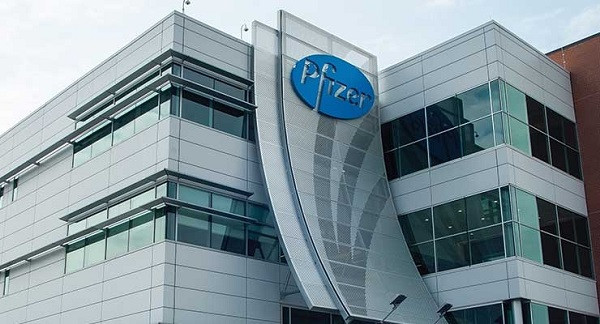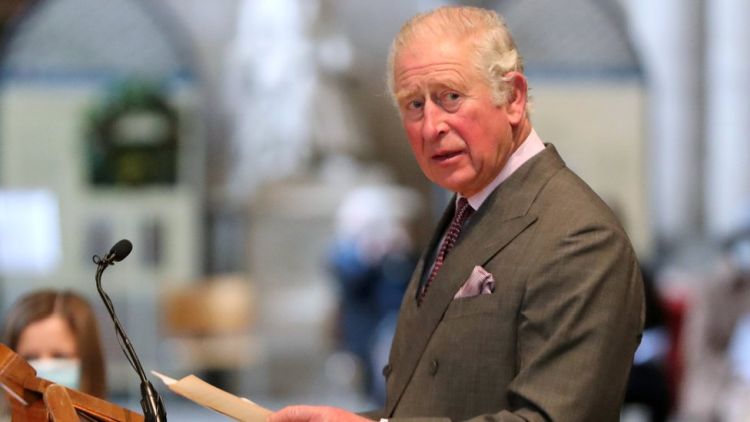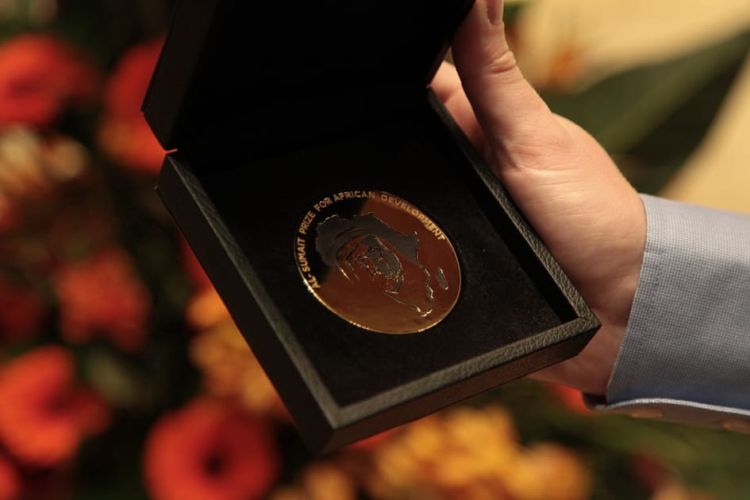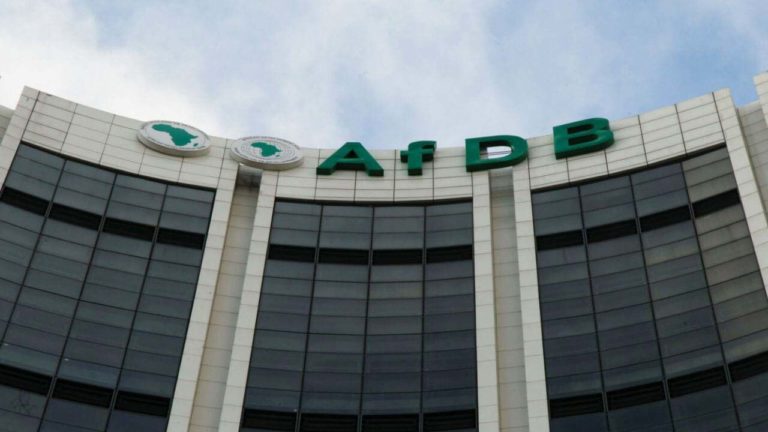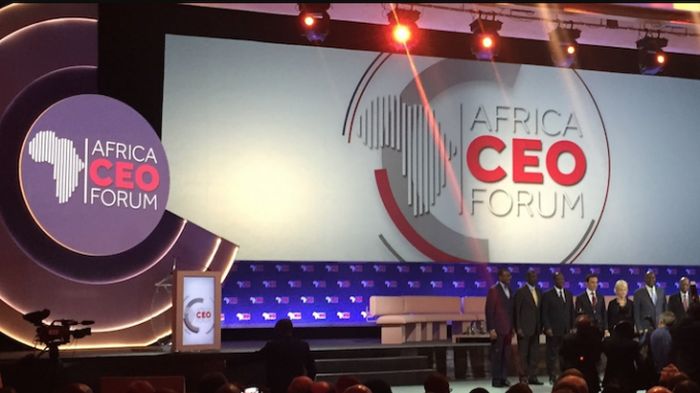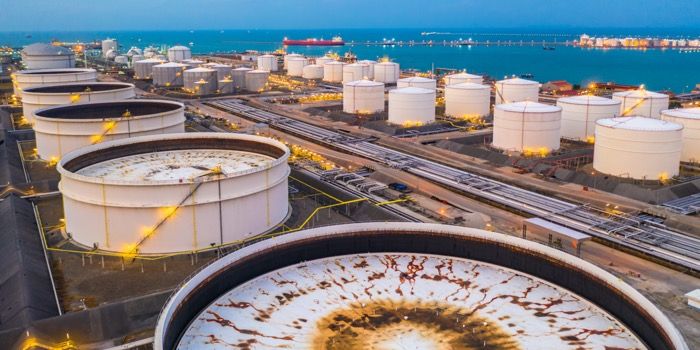Pfizer has announced the appointment of Patrick van der Loo as Regional President for Africa and the Middle East.
Loo’s Pfizer experience spans more than 20 years in leadership roles with multiple successes across geographies.
In his new role, Loo will lead commercial operations to bring scientific breakthroughs in vaccines, oncology, rare diseases, internal medicine, hospitals, and inflammation & immunology, to serve patients.
Commenting on his appointment, he said, “This year has made me even more grateful and proud to be part of Pfizer. The global pandemic has accentuated our purpose as a company and reinforced our commitment to patients and communities worldwide.
“AfME is home to some of the world’s fastest-growing markets with increasing demand for innovative health treatments and services. Overall, the region has shown remarkable resilience due to strong leadership and sound policies.”
In his previous role, Loo served as the Developed Asia Cluster lead and general manager for Pfizer’s Hospital Business Unit, responsible for leading and executing Pfizer’s commercial and cultural strategy in Japan, Korea, Australia, and New Zealand. Before this role, he worked as the Emerging Asia Cluster lead for the Pfizer Essential Health business.


